The 1970s were a golden era for television, with countless shows lighting up our screens. Some became legendary, while others, despite their cultural significance, quietly faded into the background. These forgotten gems may not top “Best Of” lists today, but they shaped the TV landscape in surprising ways, influencing genres, launching careers, or pushing boundaries. Let’s take a trip down memory lane and revisit these 12 impactful but overlooked TV shows from the 1970s. You just might find yourself saying, “Oh, I remember that!”
1. James at 15 (1977–1978)

Before teen dramas were all the rage, James at 15 offered an unflinching look at adolescence. The show followed James Hunter, a sensitive, artistic teen adjusting to a new life in Boston after his family uproots from Oregon. It tackled subjects rarely addressed on television at the time—divorce, peer pressure, and even James’s first sexual experience. In fact, its honest portrayal of teenage issues sparked plenty of controversy and critical acclaim. The show dared to present teenagers as real people rather than caricatures, paving the way for later hits like My So-Called Life and Freaks and Geeks.
The short-lived series also introduced audiences to actor Lance Kerwin, who delivered a heartfelt performance as James. Though the show only lasted one season, it left an indelible mark on television by proving that stories about the struggles and triumphs of adolescence deserved a place in primetime. While it’s largely forgotten now, its DNA is woven into countless shows that explore the complexities of growing up.
2. The Fantastic Journey (1977)
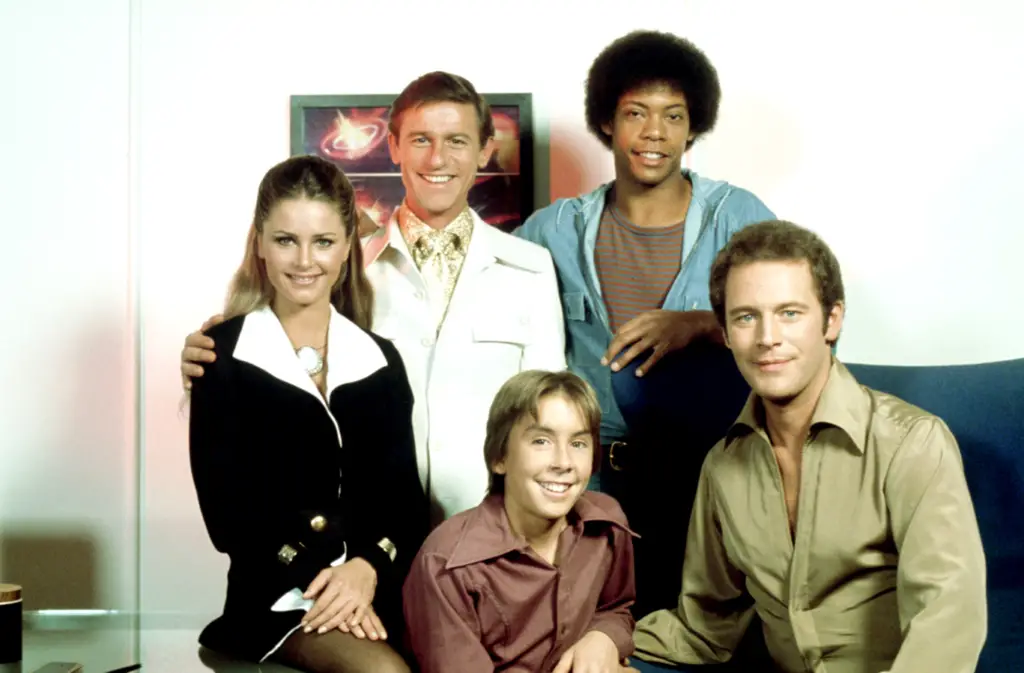
A sci-fi adventure with a premise as wild as its wardrobe, The Fantastic Journey followed a group of mismatched characters trapped in the Bermuda Triangle. Each week, they navigated strange, otherworldly realms in search of a way home. It was ambitious, weird, and ahead of its time, blending elements of fantasy and science fiction long before these genres became mainstream hits.
While the show only ran for 10 episodes, its colorful set designs and imaginative storytelling inspired a loyal cult following. It also offered early roles to actors like Roddy McDowall and Jared Martin. Though overshadowed by bigger sci-fi hits like Star Trek or Battlestar Galactica, The Fantastic Journey was a bold experiment that showed TV could be a playground for speculative fiction.
3. The New People (1969–1970)

Technically debuting in 1969 but better known in the early ‘70s, The New People was about a group of college students stranded on a deserted island after a plane crash. Sound familiar? Decades before Lost, this show explored themes of survival, societal reconstruction, and human nature. Produced by Aaron Spelling, it was far grittier than your average network fare of the time, focusing on generational conflict as these young adults tried to build their own utopia.
Despite its forward-thinking concept, the show struggled to find its footing and only lasted 17 episodes. Still, it’s remembered fondly by TV buffs as a fascinating precursor to survival dramas and dystopian storytelling. You could say it walked so Lost could run, even if it never quite took off itself.
4. The Kids from C.A.P.E.R. (1976–1977)
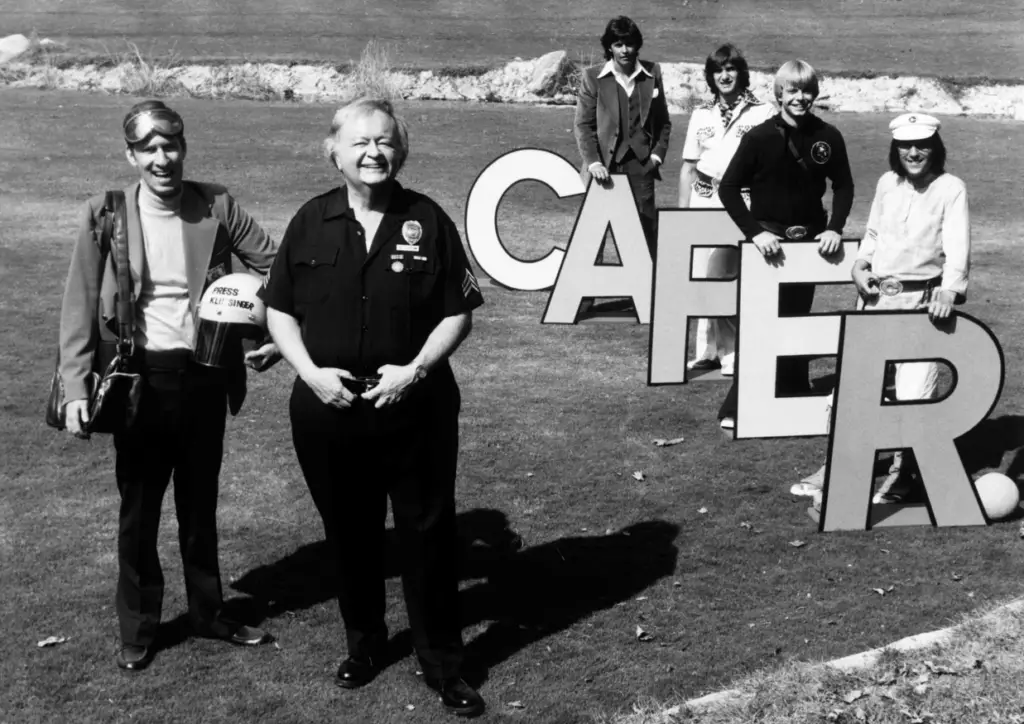
If you blended a Saturday morning cartoon with a pop band and a dash of spy drama, you’d get The Kids from C.A.P.E.R. This zany live-action series followed a quartet of teenage detectives solving mysteries in their fictional hometown of Northeast Southweston. It was colorful, campy, and undeniably aimed at younger audiences, but it also played with genre tropes in ways that were surprisingly innovative.
Though the show was clearly a product of its time, complete with musical interludes and outlandish villains, it inspired a generation of kids who dreamed of being part of a crime-solving band. Despite its brief run, it remains a nostalgic favorite for those who caught it during its single season.
5. When Things Were Rotten (1975)

Mel Brooks brought his irreverent humor to television with When Things Were Rotten, a parody of Robin Hood tales. With Dick Gautier as a bumbling Robin Hood and Bernie Kopell as a hilariously villainous Prince John, the show was packed with absurd sight gags and rapid-fire jokes.
Though its humor was ahead of its time, the show struggled to find an audience and was canceled after just 13 episodes. Still, it holds a special place in TV history as a precursor to Brooks’s later success with Robin Hood: Men in Tights. It’s also a reminder that not every comedic gem gets the recognition it deserves in its own era.
6. The Partners (1971–1972)
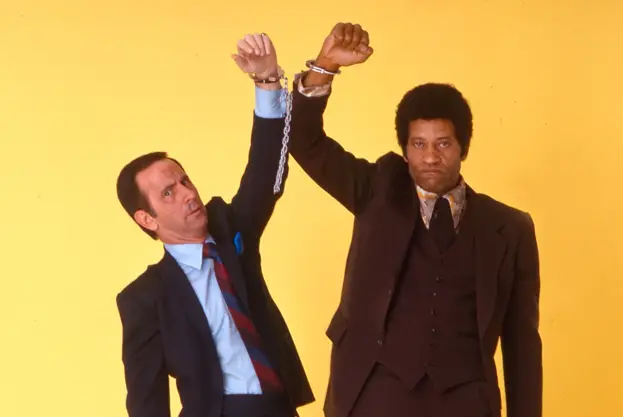
Buddy cop comedies are a dime a dozen now, but The Partners helped establish the formula. Starring Don Adams of Get Smart fame as the neurotic Detective Sergeant Lennie Crooke and Rupert Crosse as his laid-back partner George Robinson, the show mixed slapstick comedy with police procedural elements.
Though it only lasted one season, it earned Adams an Emmy nomination and influenced later shows like Barney Miller and Police Squad! Its quirky humor and odd-couple dynamic proved that crime-solving could be funny, paving the way for countless comedic cop duos.
7. Karen (1975–1976)
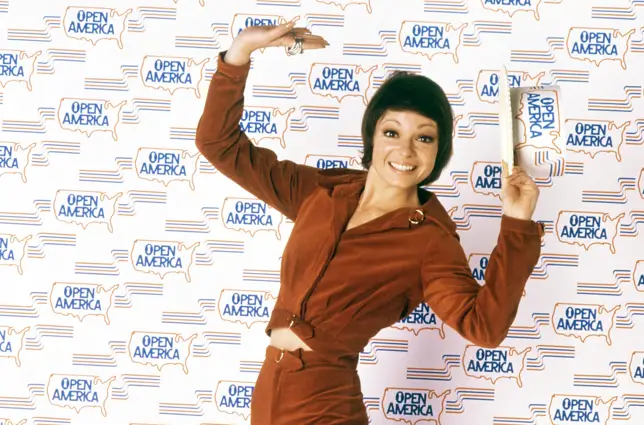
Part of NBC’s short-lived “youth-oriented” lineup, Karen was a dramedy about Karen Angelo, a young woman navigating life in Washington, D.C., as a Senate staffer. It stood out for its mix of humor and social commentary, tackling issues like workplace sexism and political ethics with a light touch.
Though its run was brief, the show starred Karen Valentine, already beloved for her role in Room 222. Her charm and wit made Karen Angelo a relatable and engaging protagonist. In an era when women-led comedies were still rare, Karen helped pave the way for later hits like Murphy Brown and Ally McBeal.
8. Quark (1977–1978)

A space comedy decades before The Orville, Quark followed the misadventures of Adam Quark, captain of a space garbage collection ship. Created by Buck Henry, the show was a satirical send-up of sci-fi tropes, poking fun at everything from Star Trek to 2001: A Space Odyssey.
Though it only lasted eight episodes, Quark gained a cult following for its clever humor and unique concept. It proved that even niche genres like sci-fi could laugh at themselves, opening the door for later comedic takes on the genre.
9. Lotsa Luck (1973–1974)
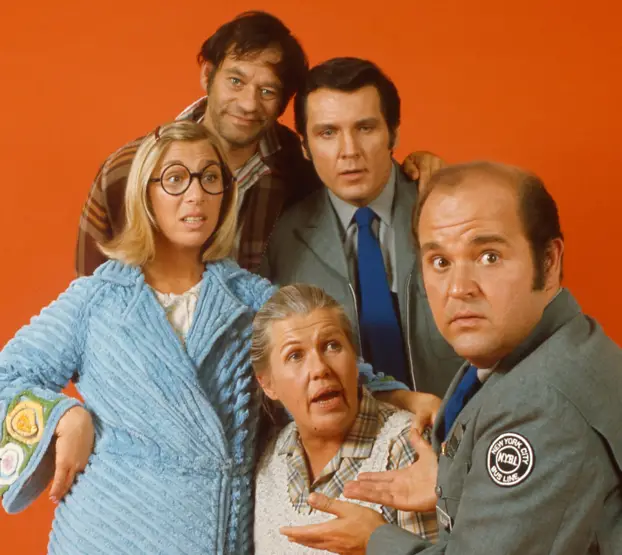
Starring Dom DeLuise, Lotsa Luck was a sitcom about Stanley Belmont, a kind-hearted but unlucky guy working in a New York City bus depot. The show captured the chaotic charm of working-class life with its blend of humor and heart.
Though it only ran for 22 episodes, Lotsa Luck is remembered fondly by fans of DeLuise’s warm, larger-than-life persona. It also served as an early example of sitcoms that found comedy in the struggles of everyday people, a formula perfected by later hits like Roseanne and The Office.
10. Doc (1975–1976)
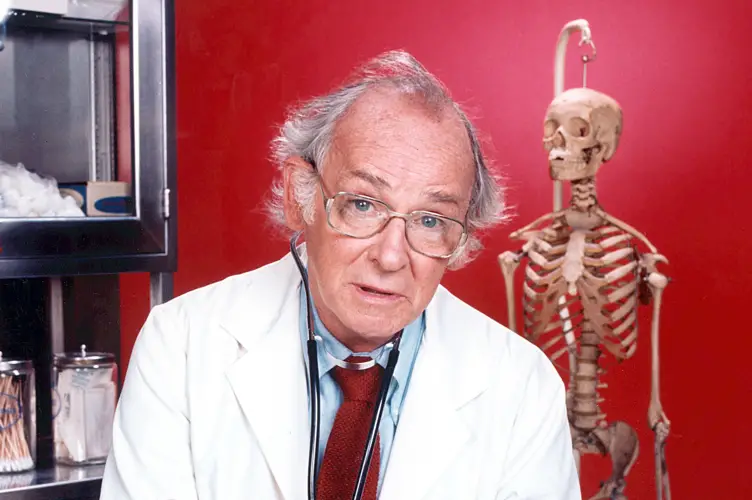
Starring Barnard Hughes as Dr. Joe Bogert, Doc was a quiet, character-driven sitcom about a crusty old general practitioner in Manhattan. The show’s gentle humor and focus on human relationships set it apart from the louder, zanier comedies of the time.
Though it never found a wide audience, Doc resonated with viewers who appreciated its heartfelt stories and Hughes’s nuanced performance. It’s a hidden gem that deserves to be rediscovered, especially by fans of character-driven dramedies.
11. The Girl with Something Extra (1973–1974)

A supernatural rom-com ahead of its time, The Girl with Something Extra starred Sally Field as a young newlywed with ESP. The show explored the comedic and romantic potential of her psychic abilities, as well as the challenges they posed to her marriage.
Though it only lasted one season, it offered an early glimpse of Field’s charm and comedic talent, which she’d later bring to big-screen roles. It also paved the way for shows like Medium and The Mindy Project, proving that rom-coms could play with genre conventions.
12. Hot l Baltimore (1975)

Based on Lanford Wilson’s play, Hot l Baltimore was a daring sitcom set in a run-down hotel populated by eccentric characters. It tackled controversial issues like race, sexuality, and poverty with wit and sensitivity, a rarity for sitcoms of the era.
Though it was canceled after 13 episodes, its willingness to address taboo topics made it a trailblazer. It also marked the TV debut of Conchata Ferrell, who would go on to have a successful career in both comedy and drama.
These forgotten ’70s TV shows may not have had long runs, but their impact rippled through the decades. From pioneering new genres to tackling tough issues, they helped shape the television landscape in ways we’re still feeling today. So the next time you flip through the channels, take a moment to appreciate the quirky, groundbreaking gems that made modern TV possible.


